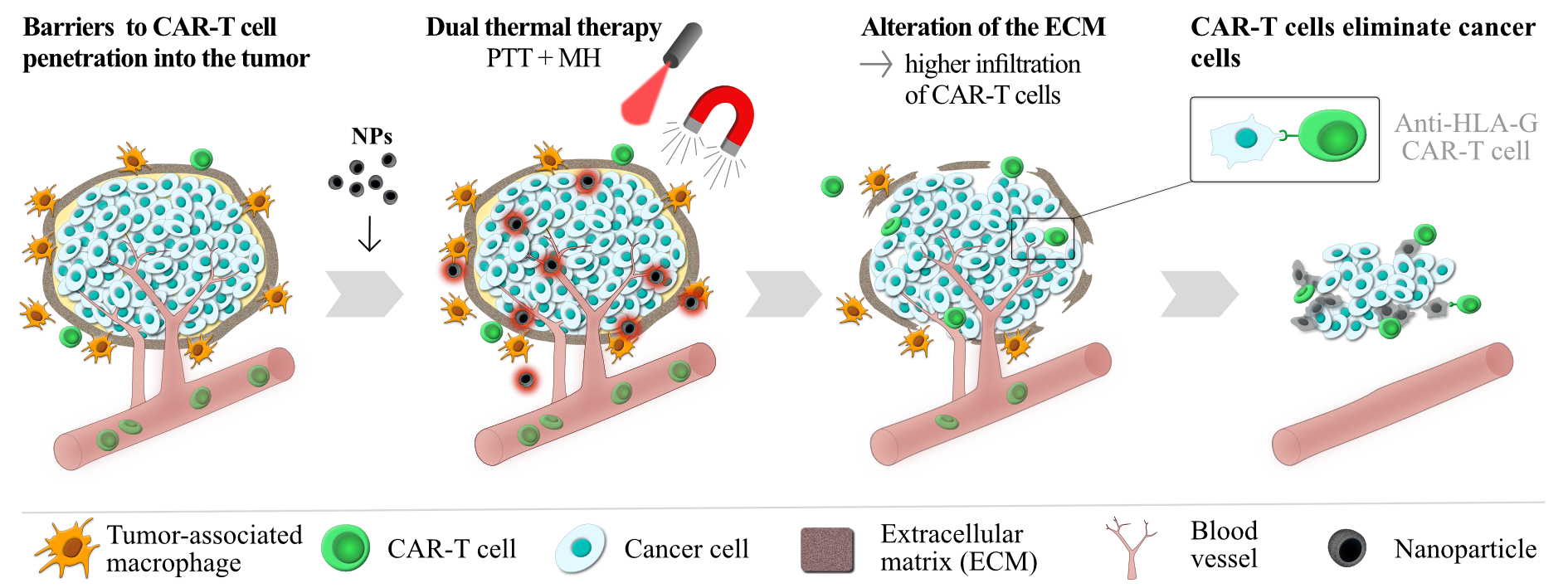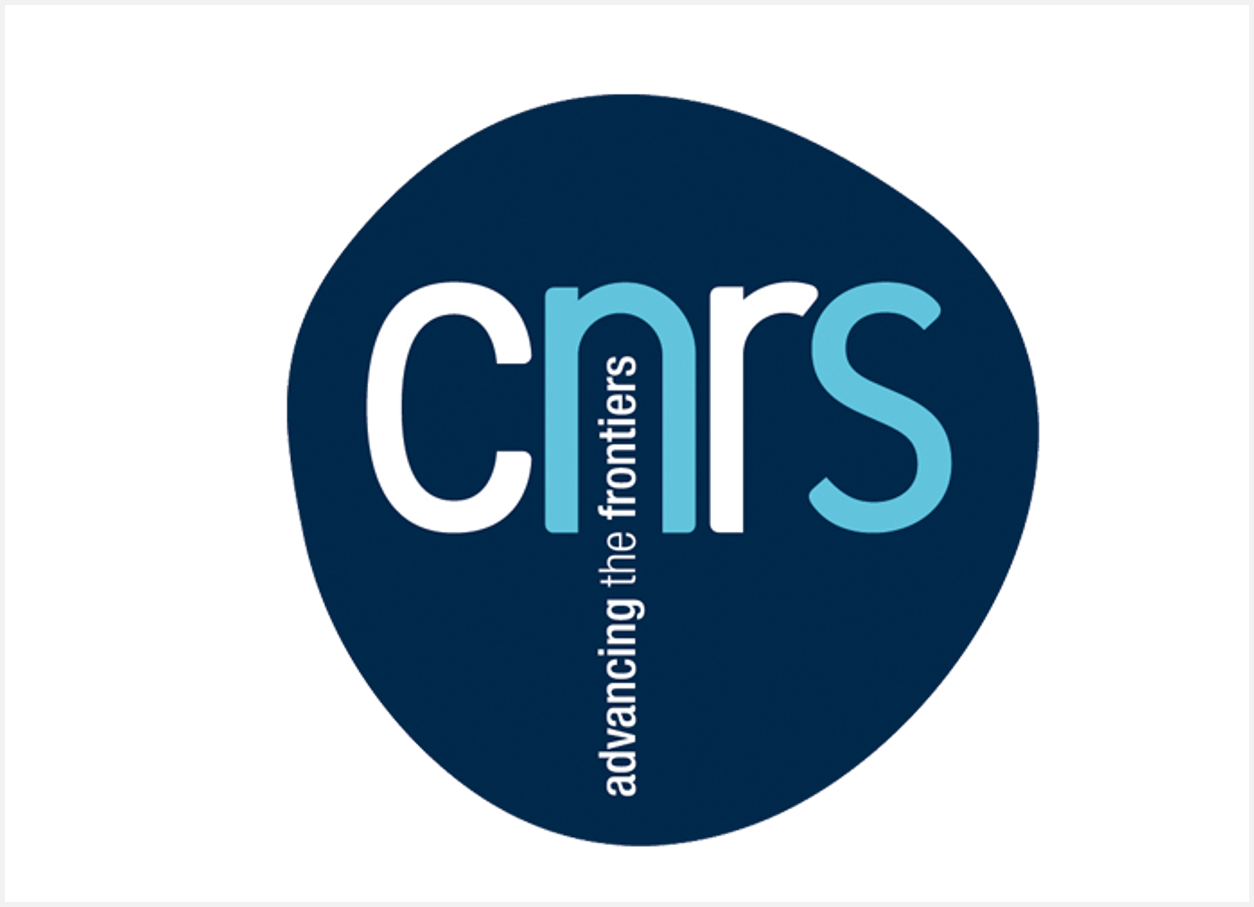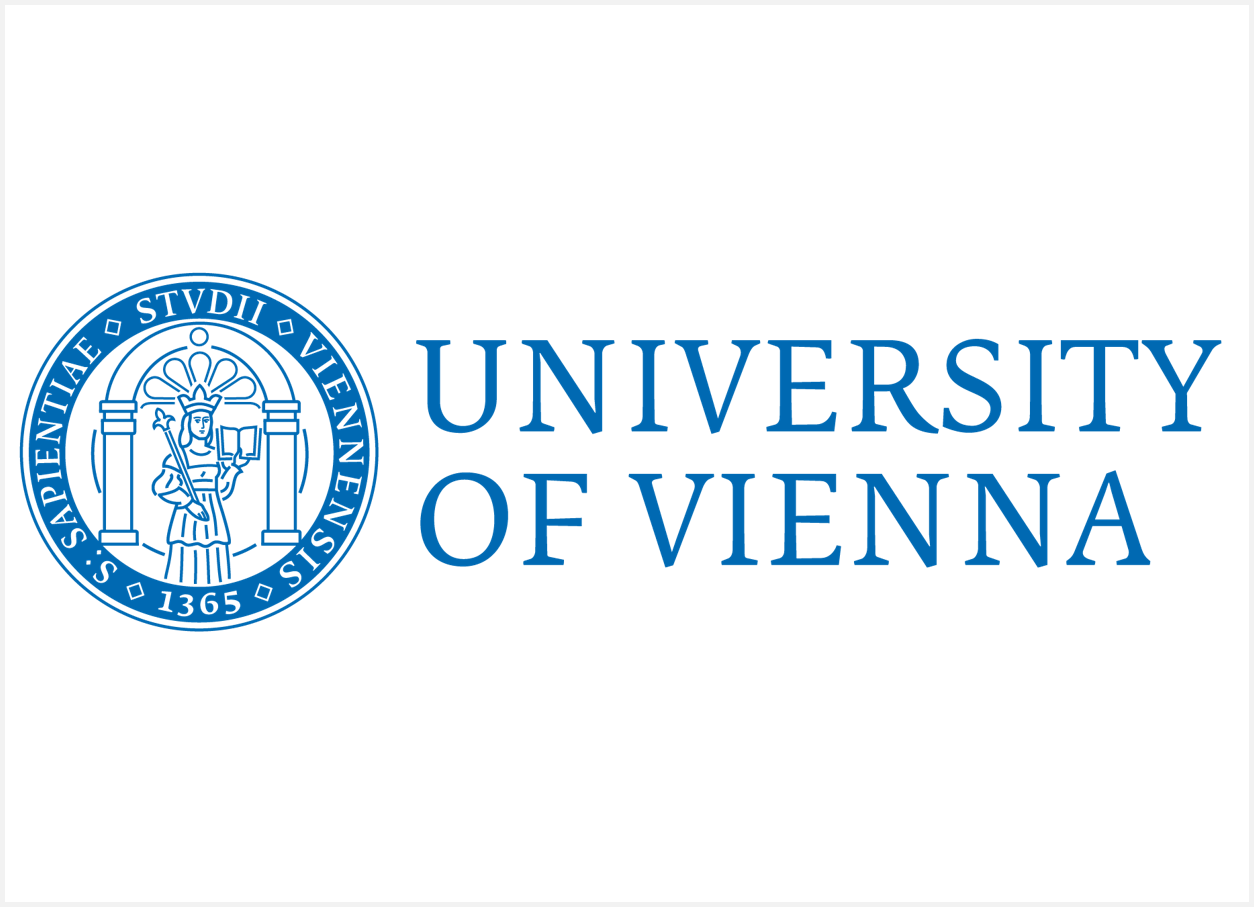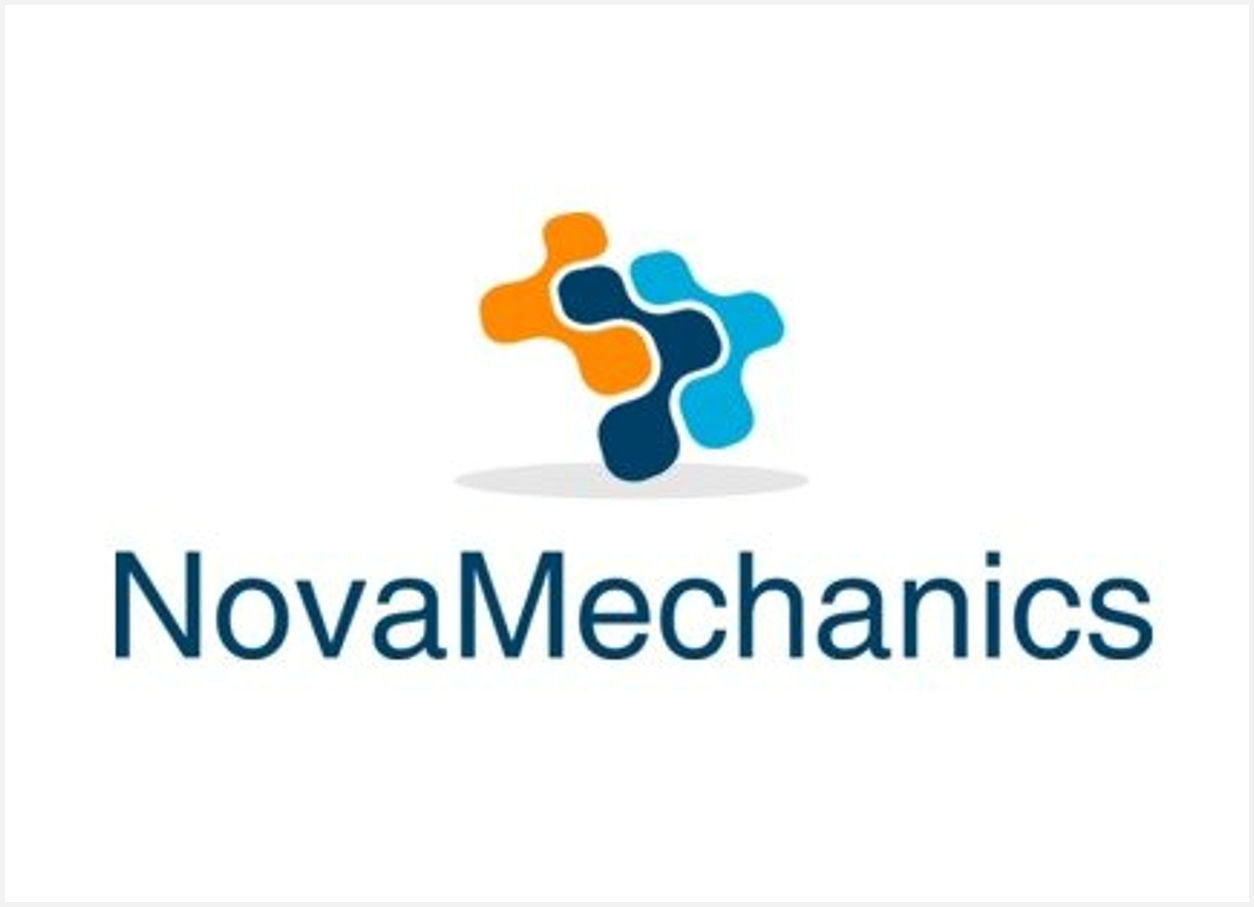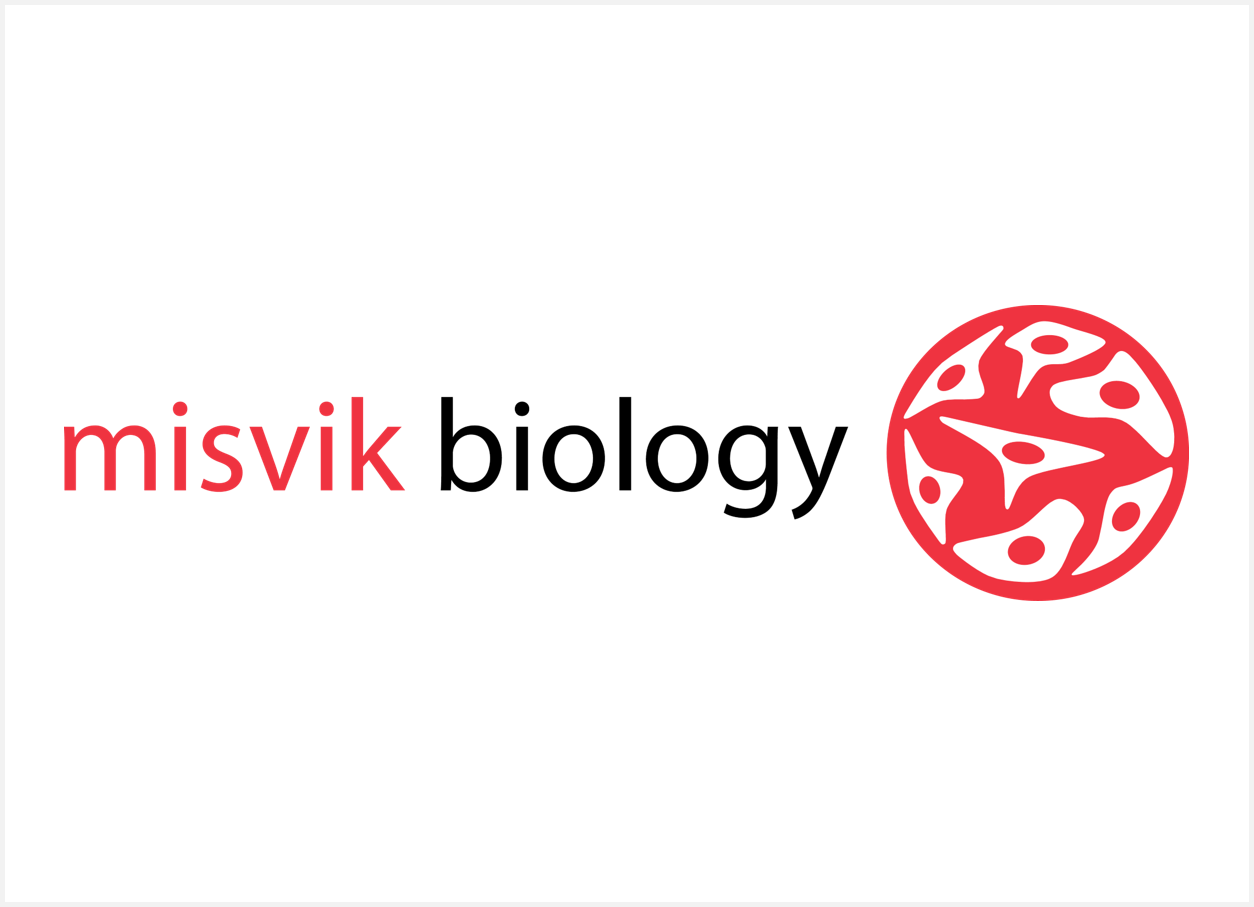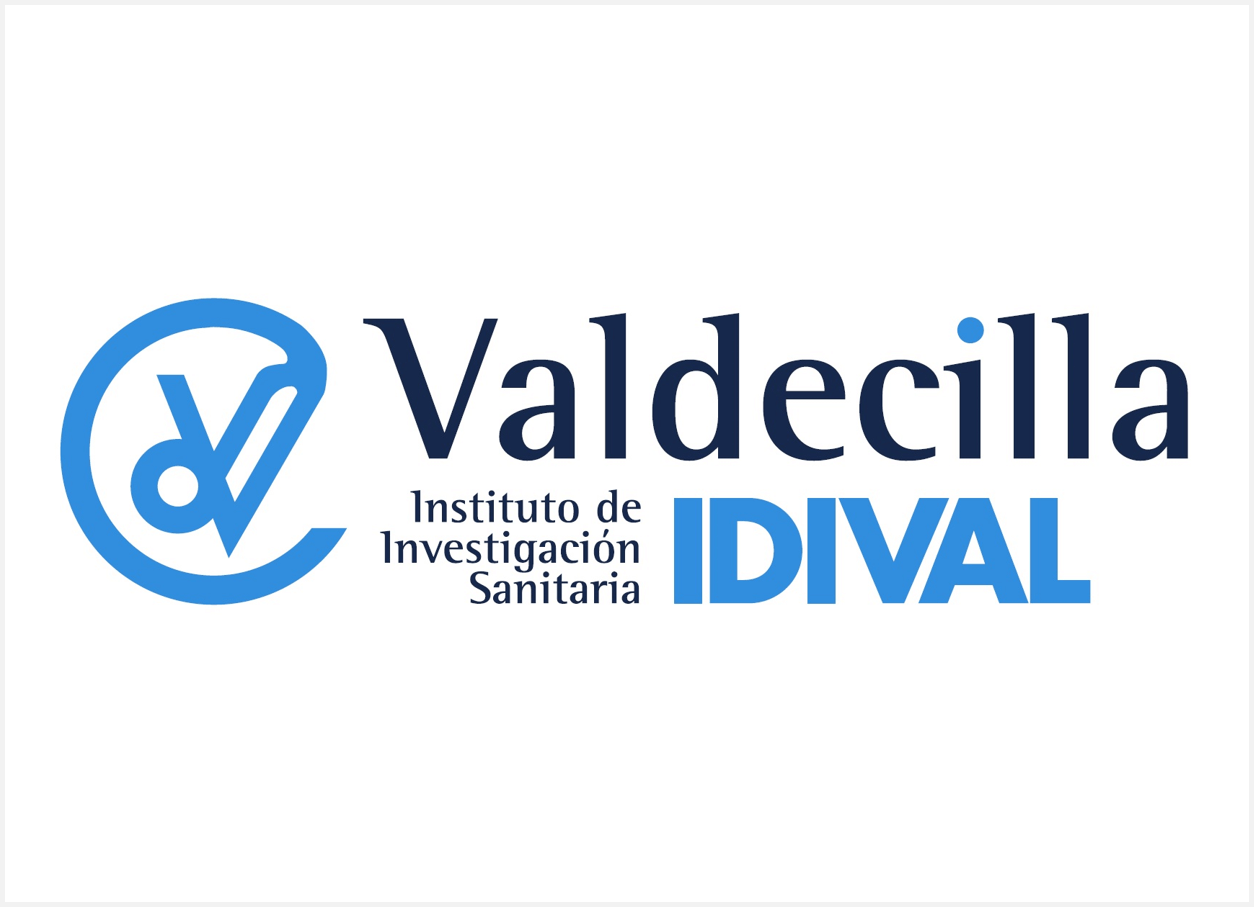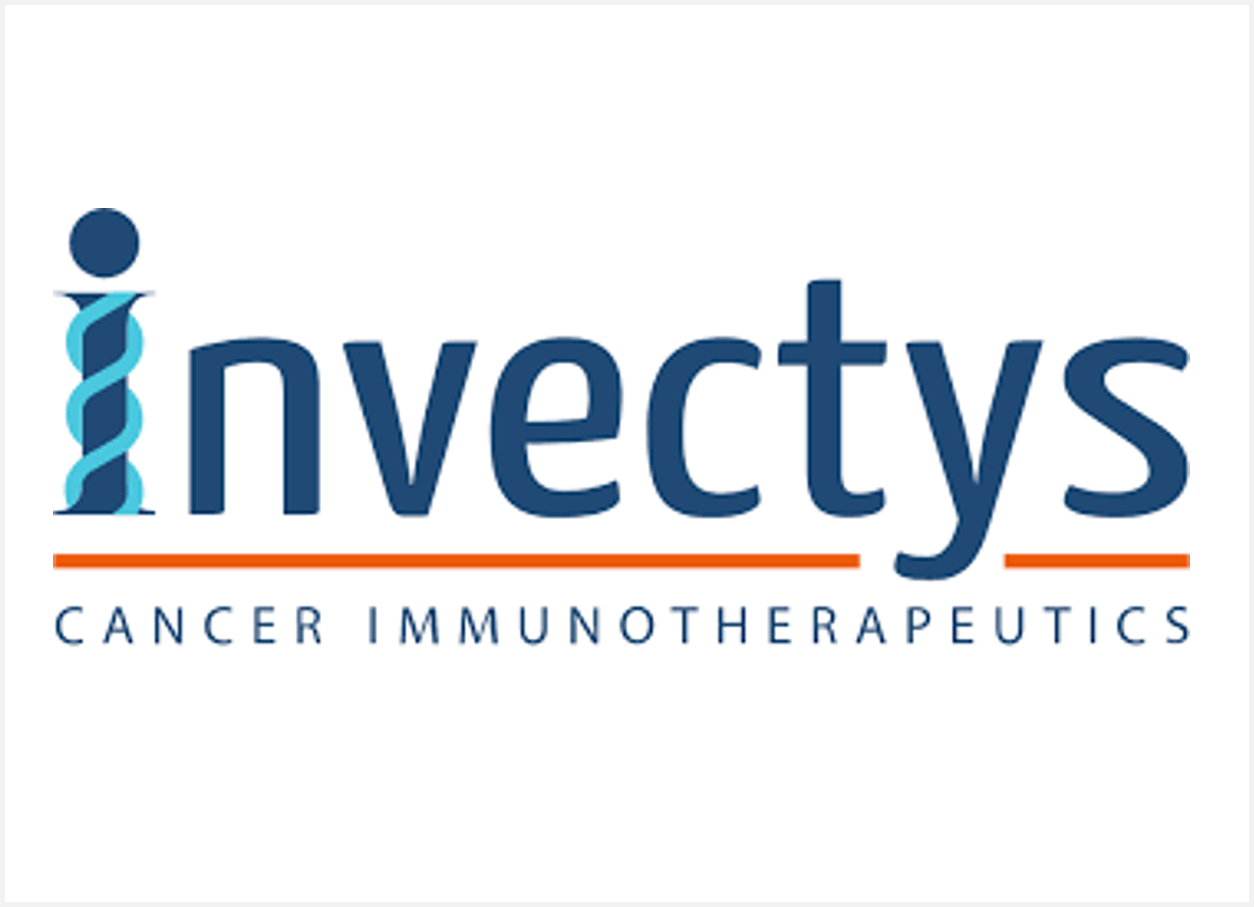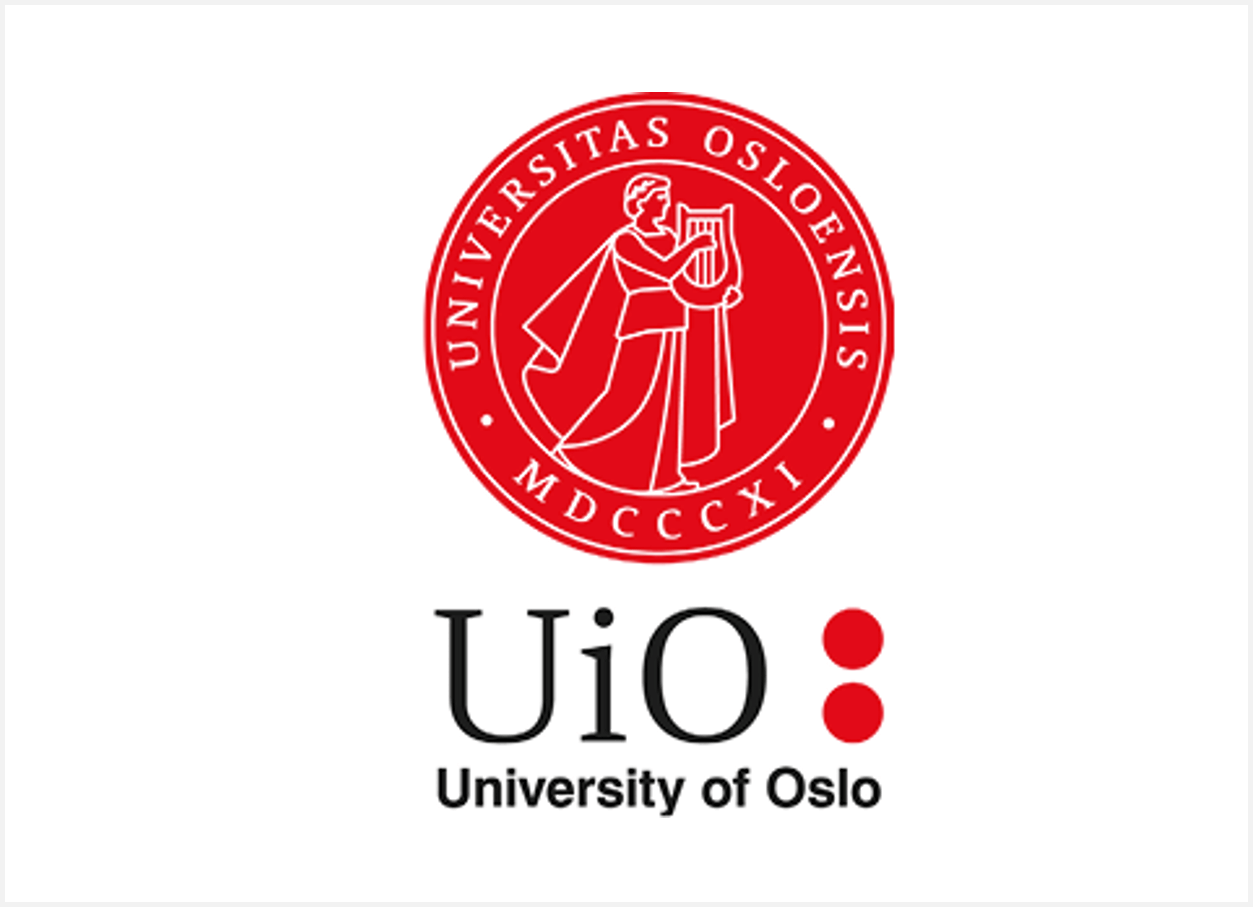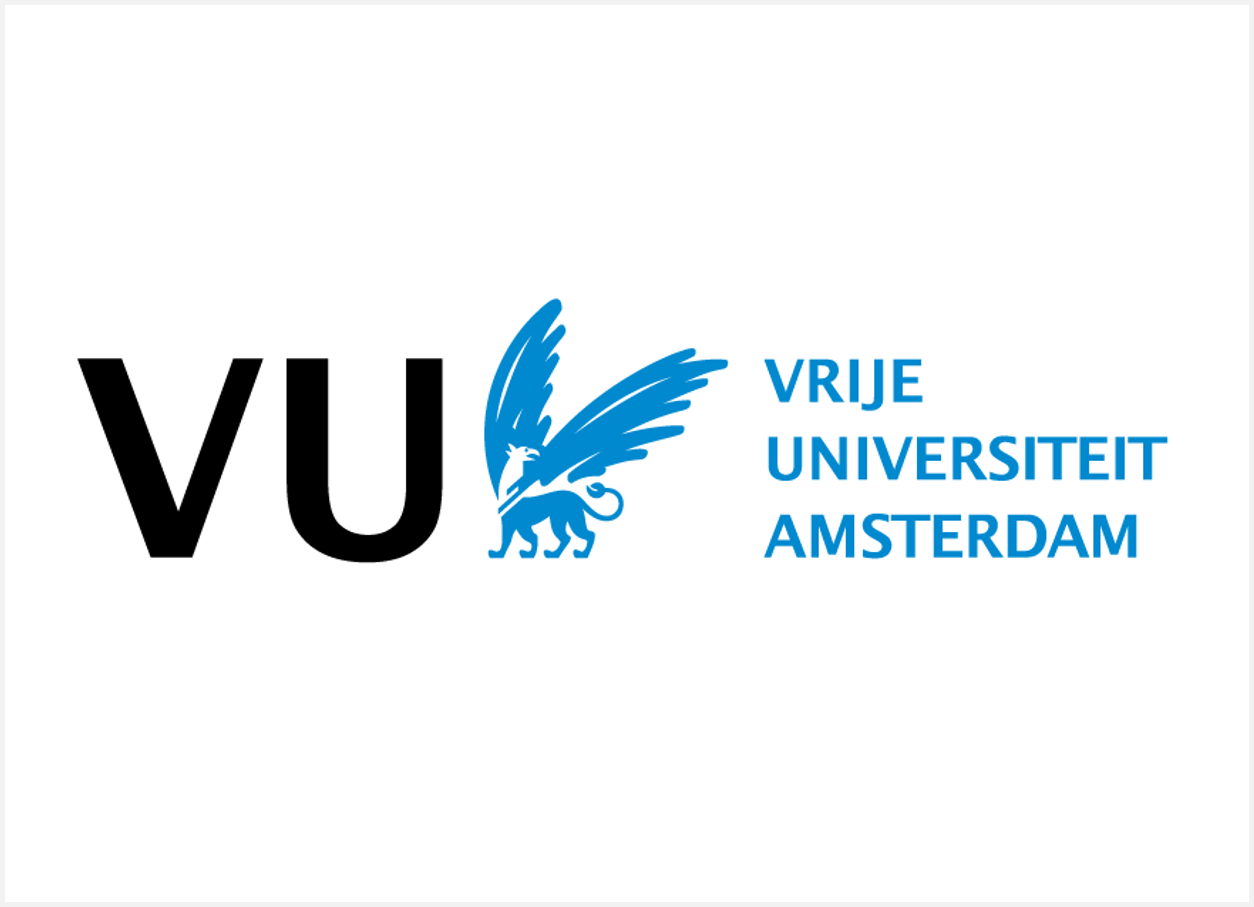Combination therapy for the treatment of metastatic melanoma using magnetic nanoparticles
Horizon Europe Marie Skłodowska-Curie Actions Doctoral Networks


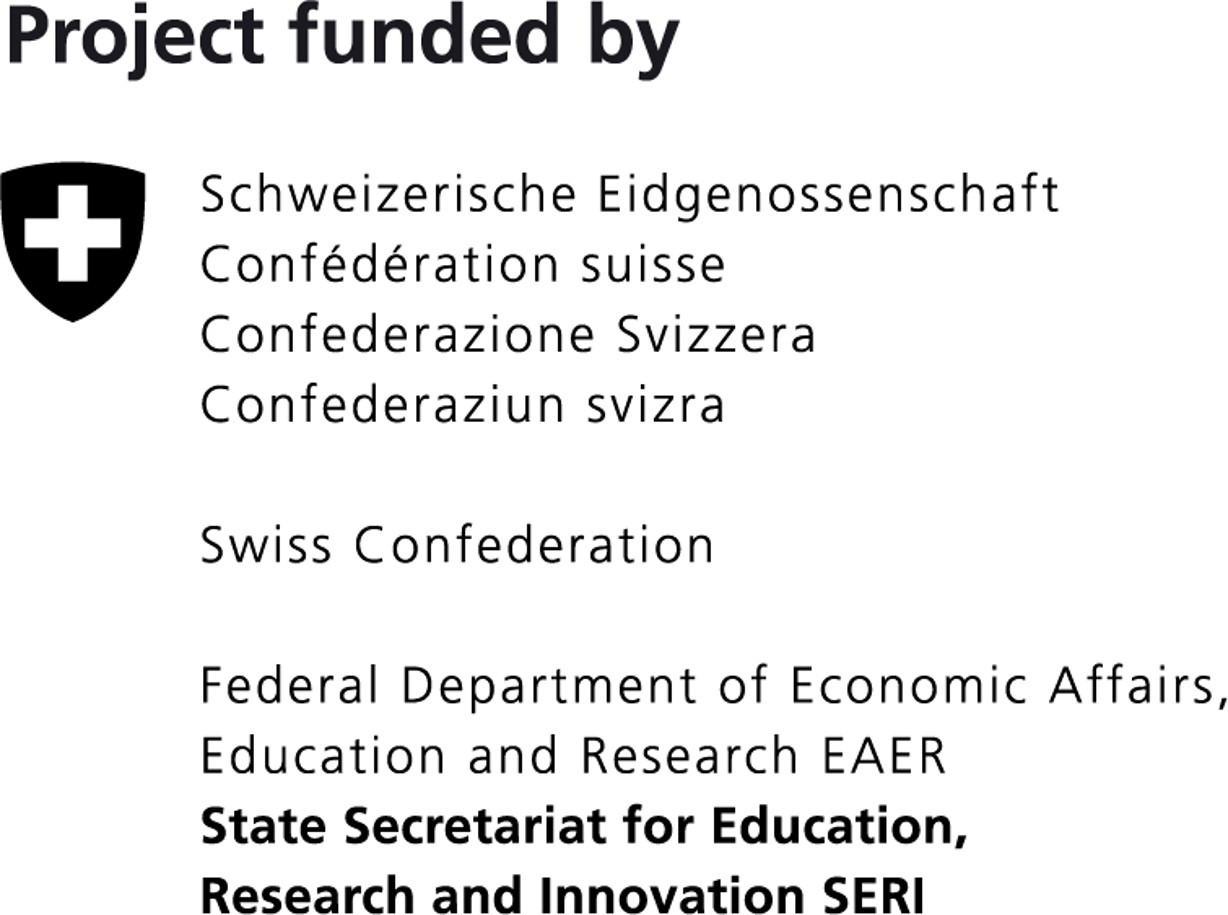
Metastatic melanoma is a hard-to-treat disease and it remains as one of the most worrisome cancer.
If not detected early, melanoma spreads (metastasizes) to other parts of the body (16% of patients are first diagnosed at an advanced stage). In this case, the prognosis is poor with a median survival of 6 to 9 months, and the 5-year survival rate as of 2018 for distant metastatic melanoma is 22.5%. Metastatic melanoma is the fastest growing malignancy in men and second in women. The incidence of melanoma has increased by 3 to 7% in Europe, where melanoma accounts for 20,000 deaths annually (60,712 deaths worldwide and mortality estimated to reach 105,904 in 2040).
There is an urgent need to improve the current therapies (chemotherapy, radiotherapy) that have a limited efficacy. A single therapy is not efficient to tackle metastatic melanoma and a combination of therapies is thus emerging as a necessity to efficiently eradicate all cancer cells. Recently, the development of immunotherapies has shown promises, in particular chimeric antigen receptor (CAR)-T cells. Nevertheless, the physical barriers represented by cellular and non-cellular components of the tumor microenvironment combined to the abnormal tumor vasculature and high interstitial fluid pressure, hamper an efficient tumor infiltration of CAR-T cells.
In this context, thanks to a network of 18 partners (including 10 non-academic partners), MELOMANES aims to train 12 doctoral researchers for the development of a combined therapy exploiting the properties of magnetic nanoparticles to induce damage on the tumor microenvironment by magnetic and optic hyperthermia in order to facilitate the infiltration of CAR-T cells.
Figure designed by Mavromatika (http://mavromatika.com/en)
This project has received funding from the European Union’s Horizon Europe research and innovation programme under the Marie Skłodowska-Curie grant agreement No 101073025.

